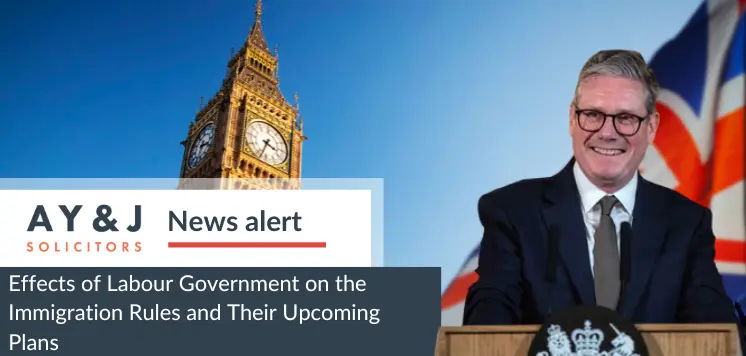UNISON has launched the ‘Migrant Care Worker Charter’. The charter is designed to help protect those working under the Health and Care visa scheme (and other visas) from employer exploitation.
As reported by the Guardian newspaper on 4 November 2024:
‘The charter [see point 5] includes a commitment that signatories, such as Salford council, will identify or act as an ‘‘employer of last resort” for care workers who have been victimised, or whose migration status is jeopardised after losing a job through no fault of their own, helping them to stay in the UK. Signatories also commit to creating an “ethical recruiter list” to stop rogue employers getting public money.’
Exploitation
Sadly, the exploitation of migrant care workers is shockingly common.
It is well-reported that many genuine care workers who applied for skilled worker visas through unscrupulous employers or agents have found themselves jobless, having paid thousands of pounds to relocate to the UK.
Skilled Worker Sponsor Salford Council is the first council nationwide to sign this fresh charter, demonstrating that the UK is fighting back.
Considerations
For those on non-sponsored visas, work requirements will be much less restrictive. However, many of the worst affected in this industry are sponsored workers, whose sponsors have liquidated, had their licence revoked, or never had genuine roles in the first place.
Signatories of the charter will need to ensure that they are capable of meeting minimum pay requirements for the additional workers they take on.
Will the Genuine Vacancy requirement be met?
How will the Home Office treat Salford Council and other sponsors who action this commitment to act as a so-called ‘employer of last resort’?
From an immigration law perspective, further detail is required.
For example, sponsors can only assign COS for genuine vacancies.
Non-genuine vacancies are those:
– where the sponsor is acting as a recruitment agency
– where the vacancy was created to help people stay in the UK
– where the vacancy does not exist (no job at all)
– where the migrant is supplied as labour to third parties
In a recent 2024 High Court case, a care company lost their court battle to overturn their revocation. One of the grounds for revocation was that they were found to be supplying labour to other care companies.
Signatories of the charter must ensure that they stay in line with genuineness requirements, when assigning COS.
Will salaries be affordable?
Currently, sponsored workers must be paid a minimum of £23,200 per annum (any work pattern up to 48 hours per week). The minimum hourly rate is £11.90.
The workers are allowed to do up to 20 hours per week ‘supplementary employment’ (i.e. a second job) but only if still working for their sponsor.
As announced in the 2024 Autumn Budget, National Living Wage will increase to £12.21 per hour for over 21s from April 2025.
Final Thoughts
Signatories of the charter are no doubt motivated to “do right” ethically. However, immigration law can be a minefield even for the best-intentioned – all employers must stay mindful of the immigration rules and should seek advice, where needed, to remain compliant.
- Follow A Y & J Solicitors to stay up-to-date with key changes.
- Contact A Y & J Solicitors for assistance and support.









